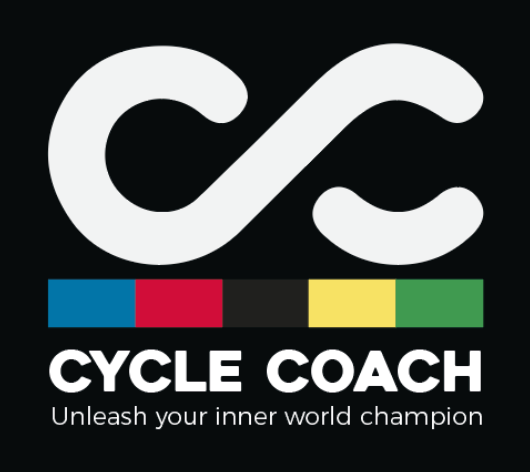Difficulty Sleeping After Exercise: What Masters Cyclists Can Do About It
The problem: training hard, sleeping poorly
You finish a solid evening session, eat, wind down… and your brain refuses to switch off. You’re exhausted, but your heart still feels like it’s ticking over tempo. Sound familiar?
For cyclists over 40, post-exercise insomnia is one of the most common and most overlooked recovery limiters. You train well, fuel well, even stretch, but if sleep suffers, fitness stalls.
Let’s unpack why it happens and how to fix it without adding another “routine” to your already-busy life.
Why it happens (and why it’s worse after 40)
After exercise, the body is still in a sympathetic (fight-or-flight) state: elevated adrenaline, core temperature, and heart rate. That’s normal the system is primed for recovery work. But if it stays switched on, sleep won’t start properly.
With age, a few extra factors make it worse:
Cortisol lingers longer. Stress hormones clear more slowly, keeping the nervous system alert.
Body temperature drops less efficiently. Deep sleep onset depends on cooling.
Hormonal shifts reduce slow-wave sleep. Less growth hormone means lighter sleep cycles.
Training timing and fuelling often skew too late in the day — especially for working riders training after 6 p.m.
Struggling with sleep after hard training?
Join the CycleCoach Collective — power-based training plans that balance intensity and recovery, with TrainingPeaks Premium included for $75/month. 7-day free trial.
👉 https://www.cyclecoach.com/collective75
Timing: when you train matters
Evening training isn’t off-limits, but you need to build a buffer.
Training intensity Minimum gap before bed
Easy endurance ride 1.5–2 h
MIET / threshold work 3 h
Strength or high-intensity session 4 h
If that sounds impossible mid-week, shift strength or intervals to lunchtime or early morning when possible.
Or rotate the week so your hardest sessions land on non-workdays.
Cooling and calming the system
Shower cooler, not hotter. A brief cool rinse drops core temperature faster.
Dim the light early. Blue light keeps cortisol high — think “cave mode” 60 min before bed.
Breathe down the system. 4-7-8 or box-breathing for 3–4 min helps transition from sympathetic to parasympathetic.
Magnesium glycinate (300–400 mg) can help if you’re low; avoid “sleep gummies” loaded with sugar.
The fuelling mistake that wrecks sleep
Many riders under-fuel late sessions, then can’t switch off because the brain’s shouting for glucose.
A balanced recovery drink or small carb-protein snack helps normalise blood sugar and serotonin. Aim for something like:
30 g whey protein
40–50 g carbs (maltodextrin, oats, or rice)
3 g leucine
pinch of salt
300 mL water or milk
It restores glycogen and supports serotonin production — both essential for deep sleep.
Environment matters more than gadgets
Forget fancy sleep trackers if your bedroom’s wrong.
Keep room temp 16–18 °C.
Black-out curtains, no LEDs.
Noise = even minor disruption to REM.
Use consistent pre-sleep cues: same light, same time, same breathing sequence.
Routine consistency beats supplements nine times out of ten.
Recovery framing: sleep is a training metric
For masters cyclists, sleep is the limiter you can still improve. A 5 % boost in sleep quality often yields the same training benefit as a 10 % volume increase. It’s free performance — if you prioritise it like intervals.
Remember: durability isn’t built from how much fatigue you create; it’s from how well you bounce back.
👉 To see how recovery fits into your training structure, download The 6 Pillars of Masters Performance.
---
Ready for training that actually supports your recovery and sleep?
The CycleCoach Collective gives you:
• Power-based training plans tailored for masters riders
• Recovery built into every week
• TrainingPeaks Premium included
• $75/month — 7-day free trial
Zero risk — cancel anytime
